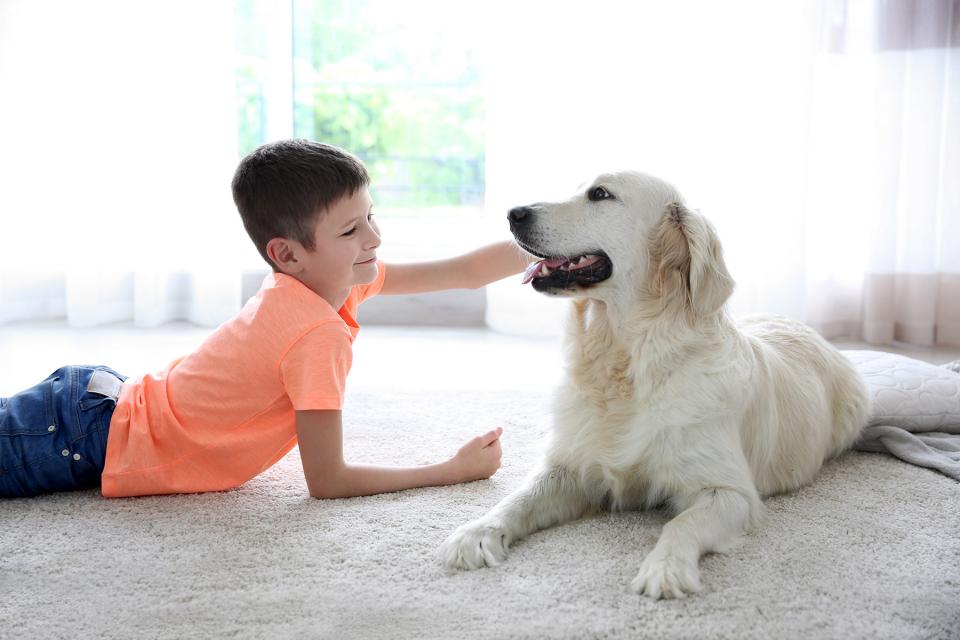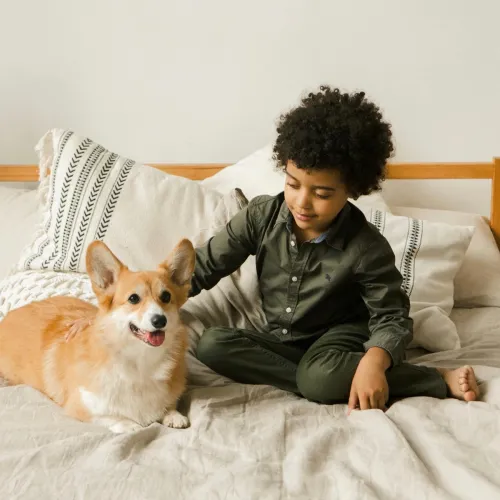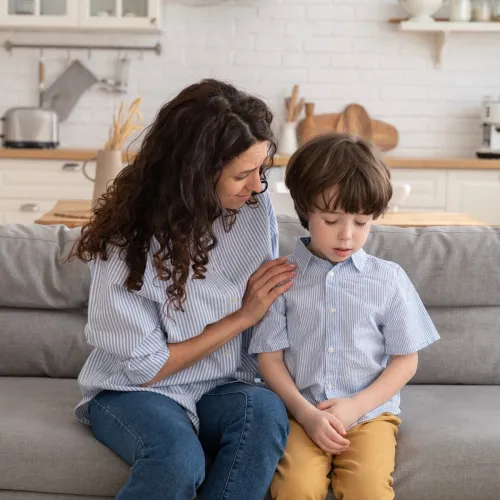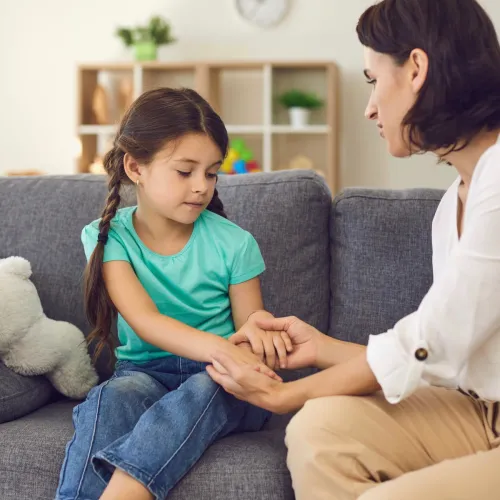What You Should Know About Pets and Divorce

So many families share pets that every member loves dearly in their own unique way. Across the United States, the ASPCA projects that more than 35% of households include a cat while more than 44% include a dog. Our pets can be wonderful companions, and the affection we have for them can be so strong that we cannot see life without them.
Unfortunately, difficult situations like divorce touch many families. In this position, decisions must be made about what to do with their beloved pets. While many find some way to keep their pets one way or the other, others choose to give away their pets due to this change in circumstance. In fact, this happens so often that in a re-homing survey, the ASPCA found that as much as 27% of all pets that are given away is due to a family change such as a divorce.
Many families consider their pet to be an integral member of the family, but sadly, the issue of what to do with a pet after divorce is not one that is always settled quickly or ends happily for everyone involved. Even if divorcing parents see their pet as another child in their family, the law typically considers pets to be personal property. Although some states like Alaska are moving towards laws that treat pets more like they treat children in a divorce, most states are currently not following suit.
Deciding what to do with the pets on top of everything else in a divorce may feel overwhelming, but finding a way to keep the pets in the family could be worth the trouble, especially for your kids. By taking some time to consider the benefits of keeping your pets and examine the different options you have for how to keep them, it may become more of a priority to keep your pets after divorce.
Pets Offer Noteworthy Emotional and Physical Perks
The unconditional love that pets can provide to their humans feels great, but the benefits are much bigger than that. The CDC suggests that having a pet can lower your blood pressure, cholesterol, and triglyceride levels as well as decrease loneliness and increase opportunities for socialization
For kids, pets are playmates, confidants, and constants. When a child's world is spinning due to their parents' divorce, having their trusted family pet by their side can help to relieve some of they are likely to experience. Your family pet can offer comfort to your children in such a way that no one else can during this confusing time.
Taking away this familiar figure in both your and your child's life just adds to the pain you are all already feeling. For the sake of lessening the emotional strife you're all experiencing, it is worth taking a look at all of your options for keeping your pet after the divorce.
Consistency is Key
Deciding to keep your pets after divorce is an honorable choice to make in the midst of a situation that is difficult on so many levels. Still, there are a number of things you need to consider now.
First, you must think about how well your pet is adjusted to each of your family members. A pet may tightly attach them self to just one family member, typically the one who provides the most care and spends the most time with them. Separating your pet from this person could be very hard for your animal, but it's also valuable to consider which of you has the most time to dedicate to caregiving now. If you both have the time to care for your pet feel strongly about keeping them, you might consider sharing time with them.
Sharing a pet after divorce option might not be a good option for everyone. However, it does provide a way for your children–whom you may also share time with–to stay with their pets as they start the transition into living in each of your homes. That said, different animals handle changes and new environments differently, so sharing pets between homes will greatly depend on how well your pet can acclimate to this arrangement.
In this situation, using a shared calendar to track your pet's care schedule, along with your children's parenting time schedule, will come in handy. You'll also want to find a peaceful way to manage expenses related to your pet, and maintaining a shared log of pet-related costs can be helpful. All in all, consistency is important for every member of your family, pets included. The sooner you can get them used to a routine of moving between homes, the better.
Seek Legal Guidance
While you should think twice before just giving away your pets after divorce, it is important that you do what is best for your children during this time. If keeping your pets will cost you more than you're able to afford, keeping them may not be in your or your children's best interests. On the other hand, if the issue lies between you and your co-parent both vying for custody of your pets, you must consider the complexities that come along with taking this issue to court.
If keeping your pets is important to you, discuss it with your family law attorney sooner rather than later. It may also be worth discussing the topic with any professionals your children work with, such as their therapist, or other adults who are close to them, such as their school counselor or teachers.
Ultimately, deciding whether to keep pets after divorce is something that should be considered with care. While having pets has considerable benefits to one's health, it is vital to decide whether keeping your pets is truly in your children's and your best interests at this time.
NOTE: Many state and federal laws use terms like ‘custody’ when referring to arrangements regarding parenting time and decision-making for a child. While this has been the case for many years, these are not the only terms currently used to refer to these topics.
Today, many family law practitioners and even laws within certain states use terms such as ‘parenting arrangements’ or ‘parenting responsibility,’ among others, when referring to matters surrounding legal and physical child custody. You will find these terms as well as custody used on the OurFamilyWizard website.







